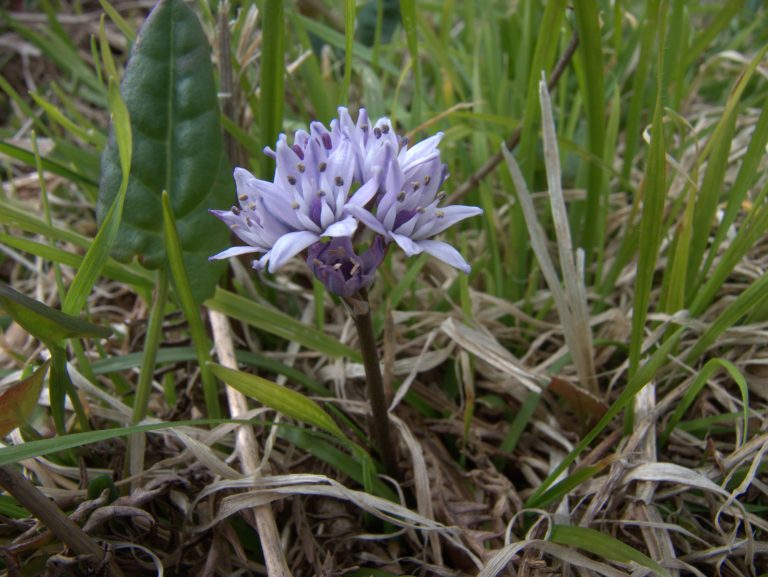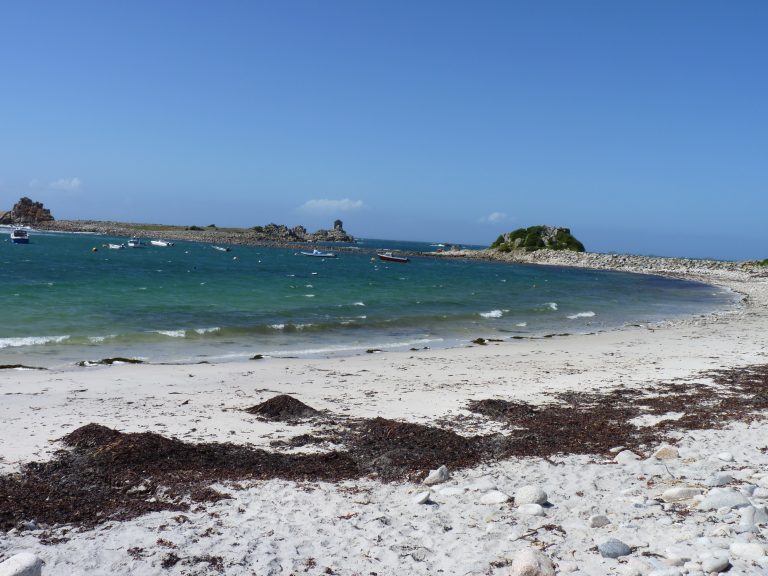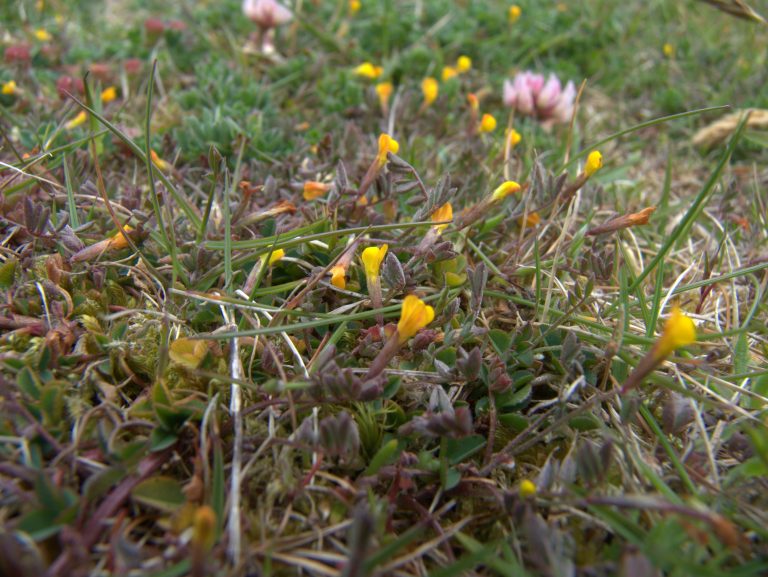
wild flowers and natural history
Explore the long lost land of Lyonnesse, enjoying the best of the spring wildlife.
Once believed to be the lost land of Lyonnesse, the beautiful Isles of Scilly lie just 30 miles due south west of the Land’s End Peninsula. Under the influence of the Gulf Stream, the islands have an equable climate with very mild, frost-free winters so many Scillionian plants and animals are species that have a more southern, even Mediterranean distribution. Exotic plants from other parts of the world also grow in Scilly, so in places you might think you had wandered into the Eden Project!
Early summer is a perfect time to explore the islands; wild flowers will be at their best, seabirds will be nesting with north-bound migrants still passing through the islands. We will walk from unspoilt coves to dazzling white sand beaches, across springy areas of ‘waved’ heathland, past tiny fields ablaze with corn marigolds and through wetland nature reserves. There are many archaeological sites, and some of those we will visit are also rich in wild flowers.
We will be staying at a very comfortable guest house situated in Hugh Town, St Mary’s. Our itinerary is based around using the local boat services to visit the islands. We shall spend a whole day on Tresco, where the spectacular Abbey Gardens are a must for most people and also the extraordinary dune system where exotic plants compete with the subtleties of the native flora.
Our leader for this trip is Rosemary Parslow, author of the New Naturalist book on the Isles of Scilly. Rosemary knows the islands extremely well and is the botanical recorder for the area. Travelling with Rosemary to most of the inhabited islands, this is a wonderful introduction to the wildlife of Scilly.
Download trip report
Please note that holidays change, although sometimes only slightly, from year to year and previous trip reports may not reflect the planned itinerary, or other holiday details, for the current trip. Please ask us if you would like to know of any significant differences.



